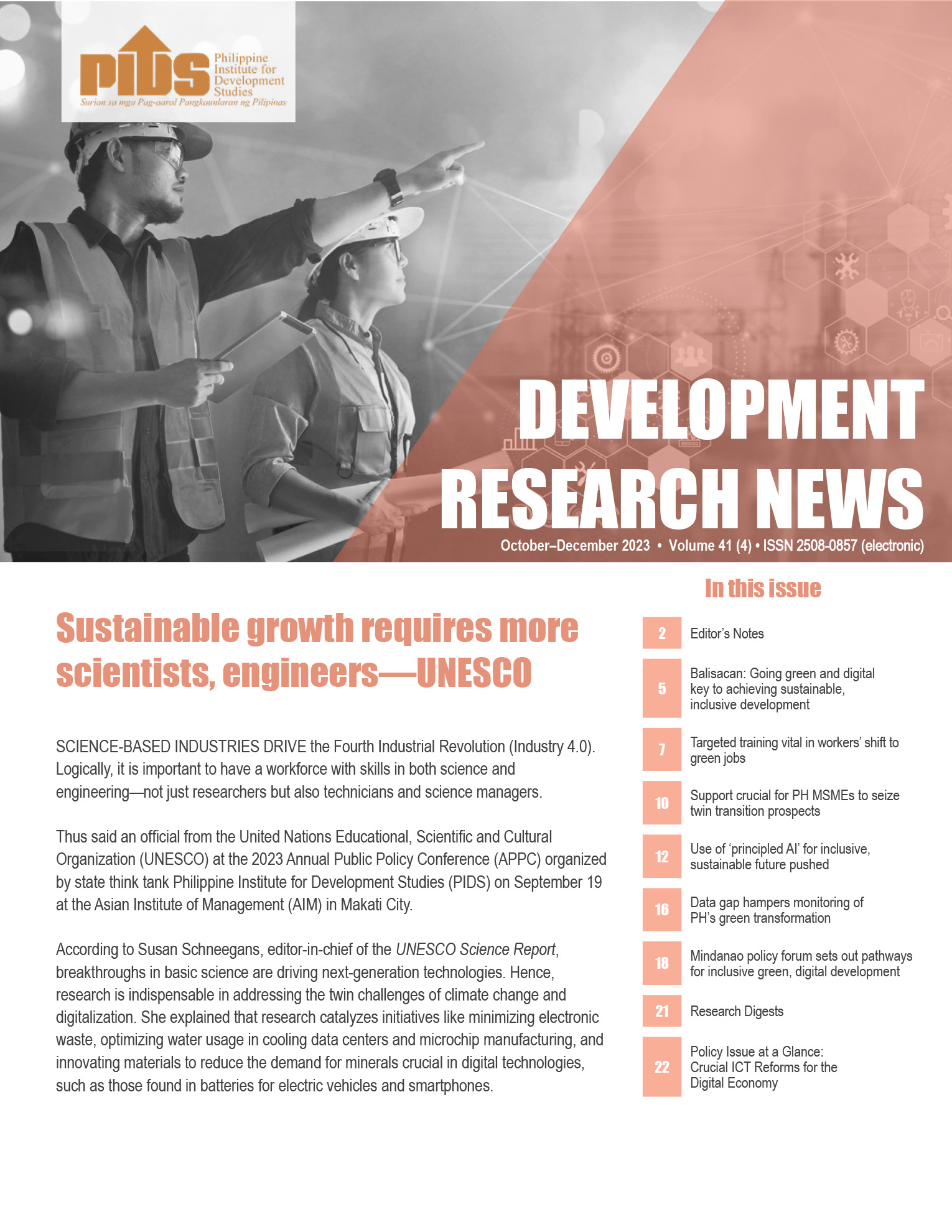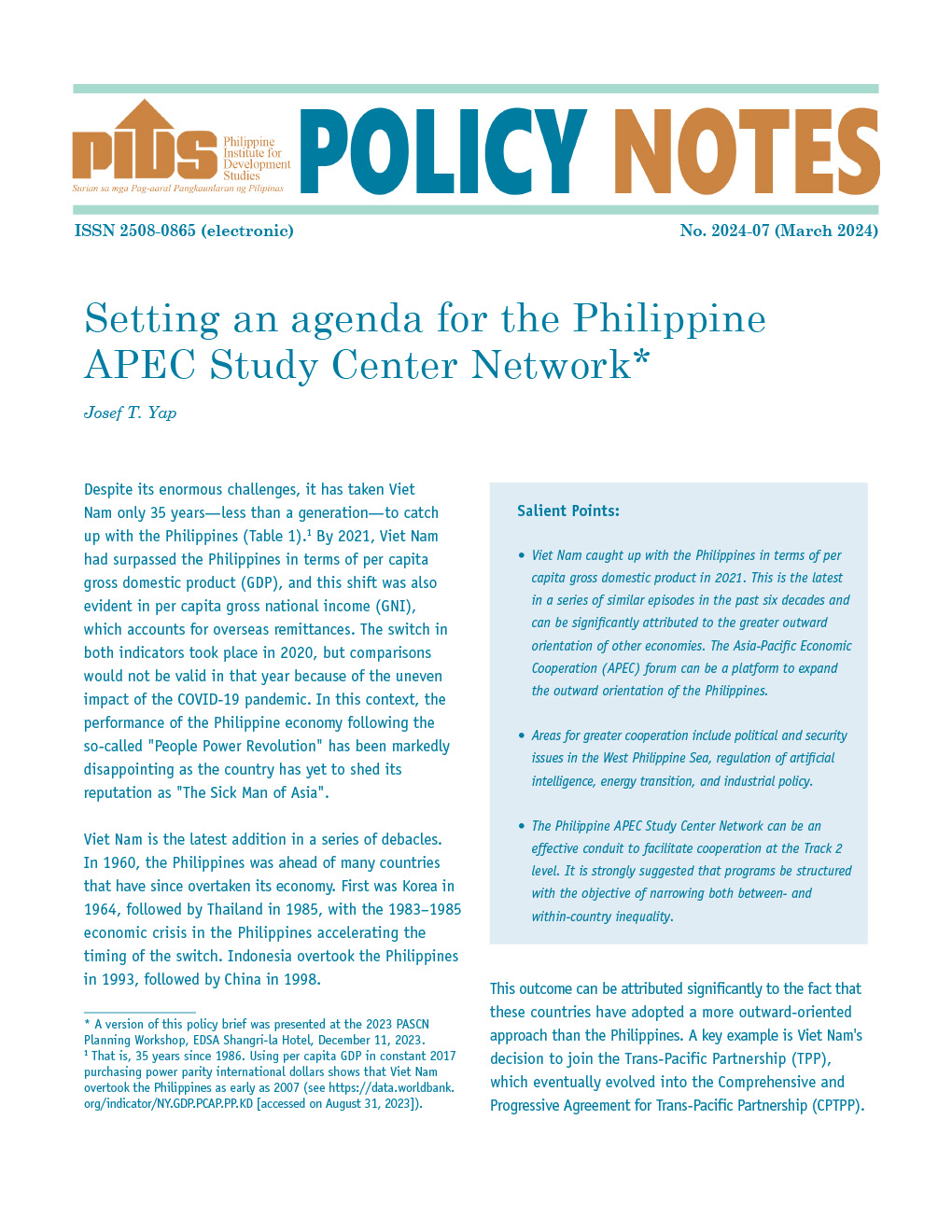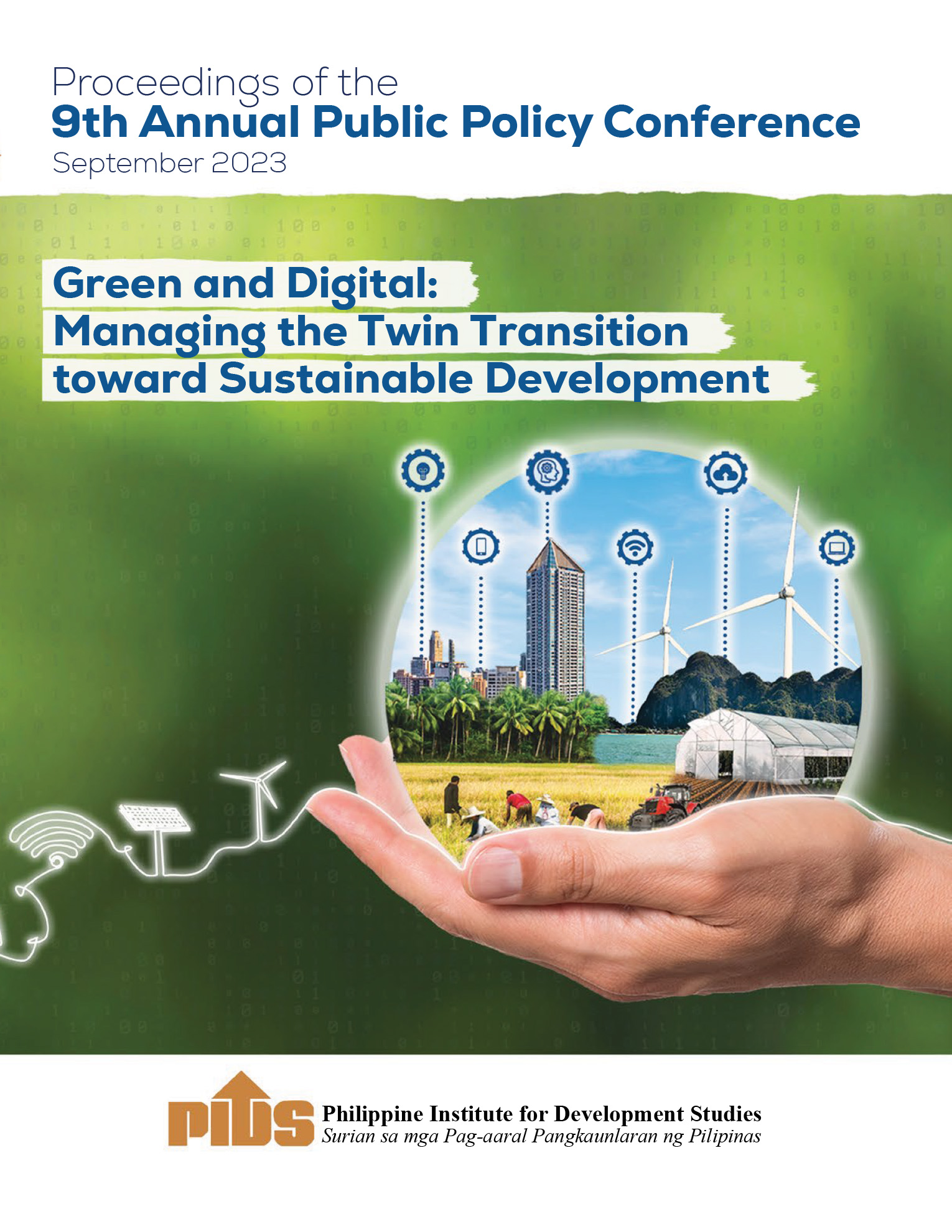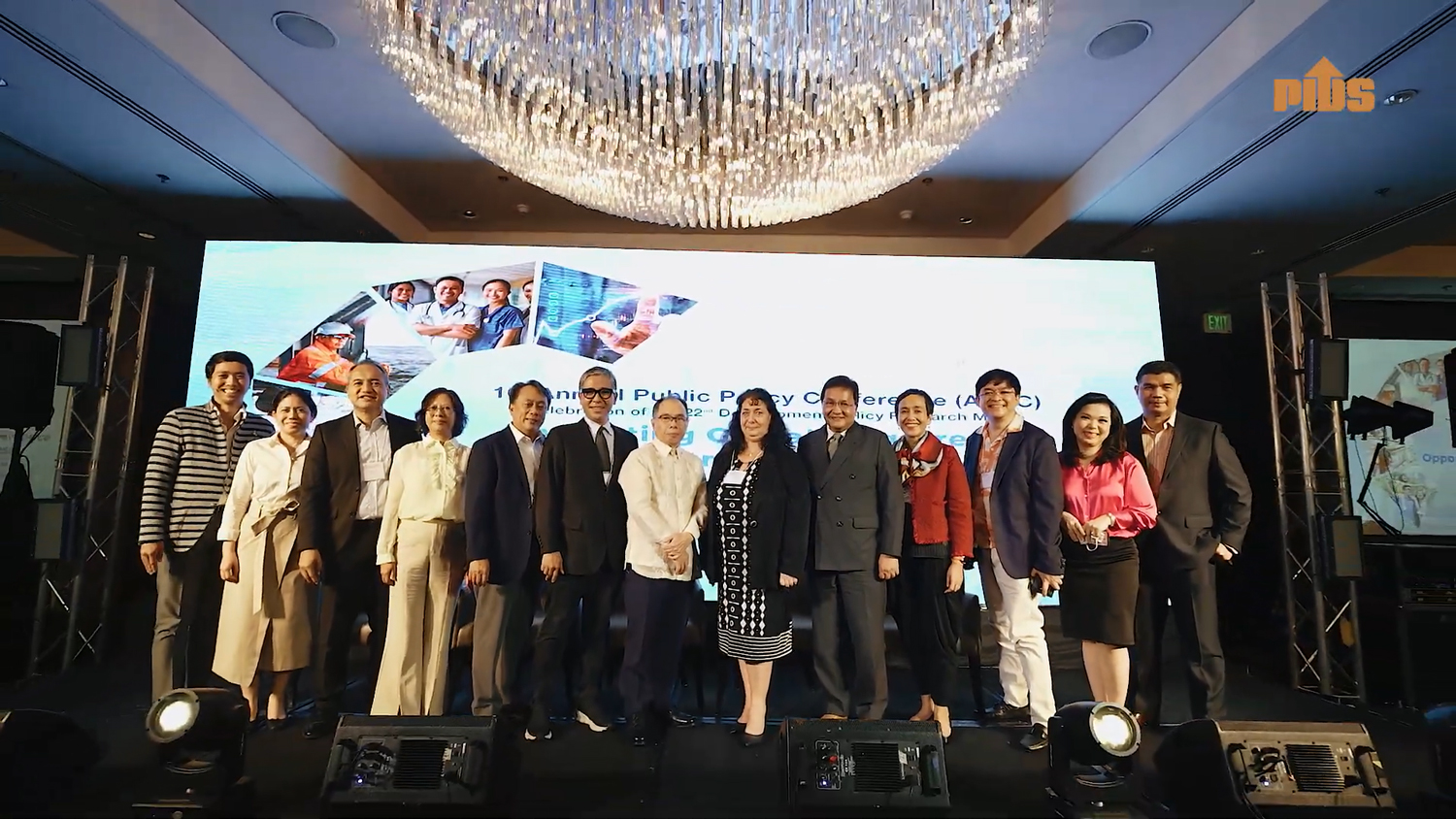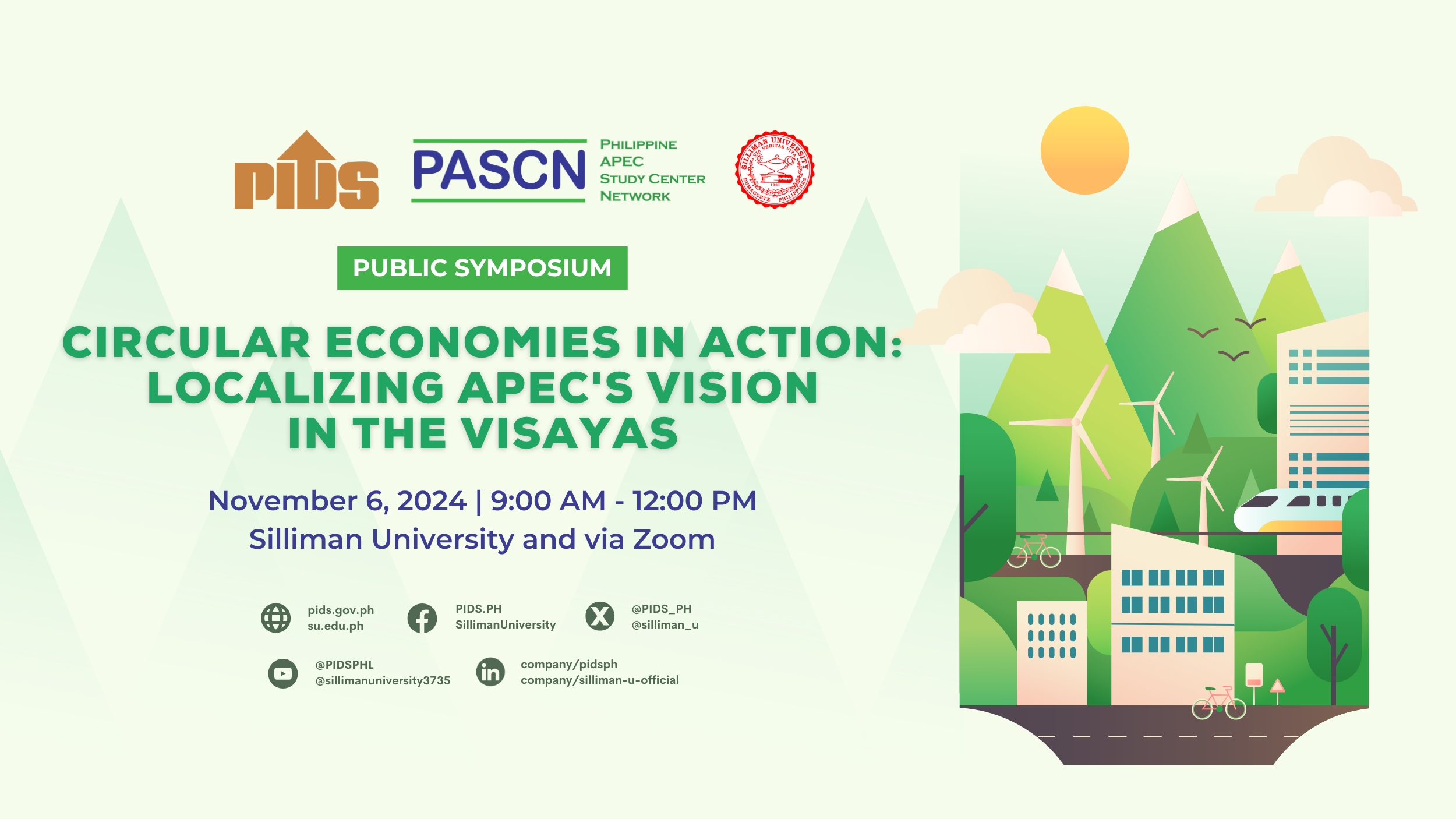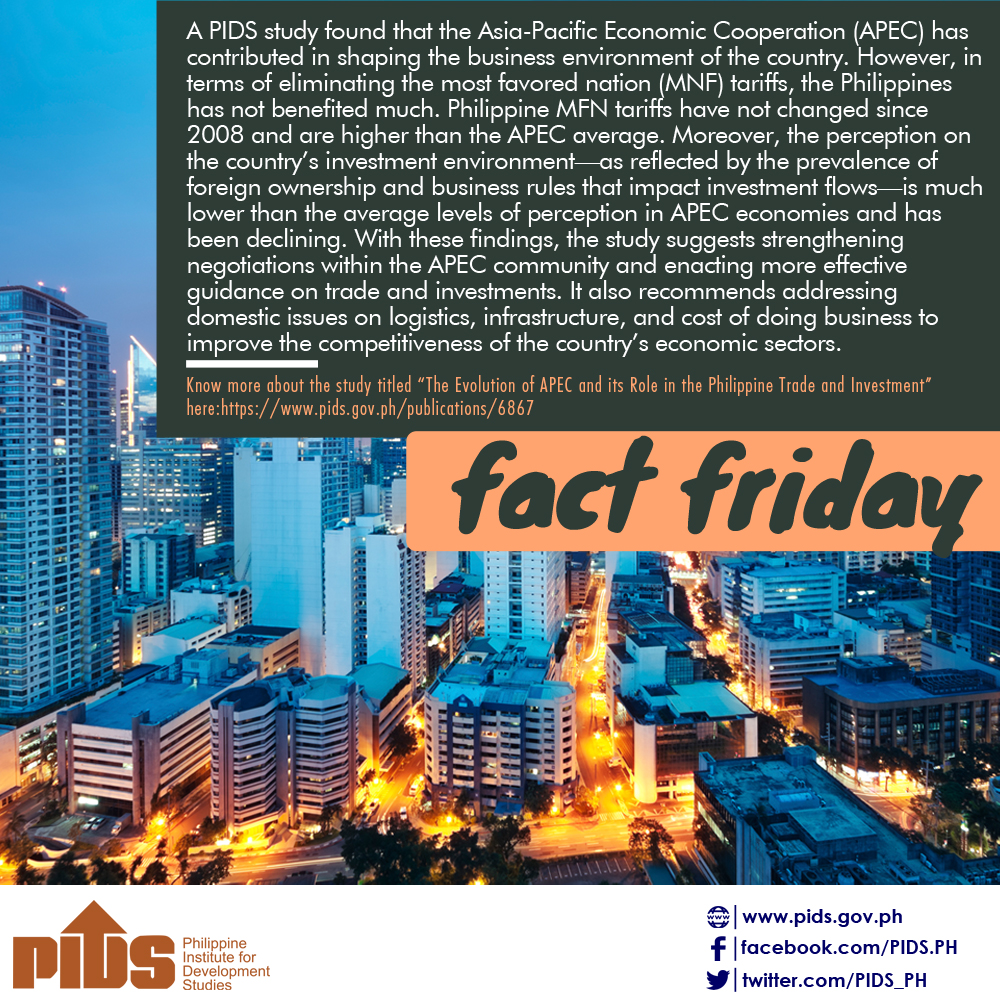MANILA, Philippines - This year’s Asia-Pacific Economic Cooperation (APEC) Study Centers Consortium (ASCC) will center on the need to enhance small and medium enterprises (SMEs) so they may participate in trade opportunities in the regional and global markets.
The conference is set on May 12 and 13 in Boracay, Aklan.
One of the papers to be presented at the ASCC, authored by Asian Development Bank Institute (ADBI) dean Naoyuki Yoshino, would look at ways to improve SMEs’ access to financing.
Yoshino suggested an efficient credit rating scheme, which would grade SMEs based on their financial health, to reduce banks’ aversion to SMEs and encourage them to lend money to small businesses.
Meanwhile, a paper by Eunsook Seo of Sangmyung University in South Korea will discuss how financial cooperation through the Association of Southeast Asian Nations (ASEAN) Economic Community and the ASEAN+3 could expand SMEs’access to finance in the region.
Seo warned that a more open financial market could worsen problems of information asymmetries, with agency costs likely to be magnified due to national disparities in terms of firms’ credit worthiness and credit rating system, among other things.
To address such issues, Seo recommended reviewing the European Union’s experiences in crafting policies for financing SMEs.
Philippine Institute for Development Studies (PIDS) senior research fellow Marife Ballesteros will talk about preparing SMEs for natural disasters through business continuity planning.
Ballesteros’ paper recommends that disaster risk reduction and management be embedded into the business sector, as micro, small and medium enterprises are highly vulnerable and have weak adaptability and limited access to a broader set of coping strategies in times of disaster.
The study of Ateneo de Manila University Economics professor Alvin Ang completes the lineup of presentations on SMEs.
According to Ang, establishing a local economic development and competitiveness indicators system for SMEs, such as a competitiveness index ranking for cities and municipalities, would provide critical decision information on locating a business and at the same time address the issues of productivity, efficiency, facilities and interconnectivity.
While SMEs account for more than 97 percent of all enterprises in the Asia-Pacific region and employ more than half of the workforce in the region, the sector contributes only 20 to 50 percent to the gross domestic product in most APEC economies.
The ASCC is part of the Second Senior Officials Meeting (SOM2) and Related Meetings of APEC and serves as an avenue for researchers and scholars to discuss and exchange ideas on APEC themes and to identify areas for regional collaboration among APEC Study Centers.
The conference was organized by the PIDS and the Philippine APEC Study Center Network (PASCN), in cooperation with the ADMU and the ADBI.//

